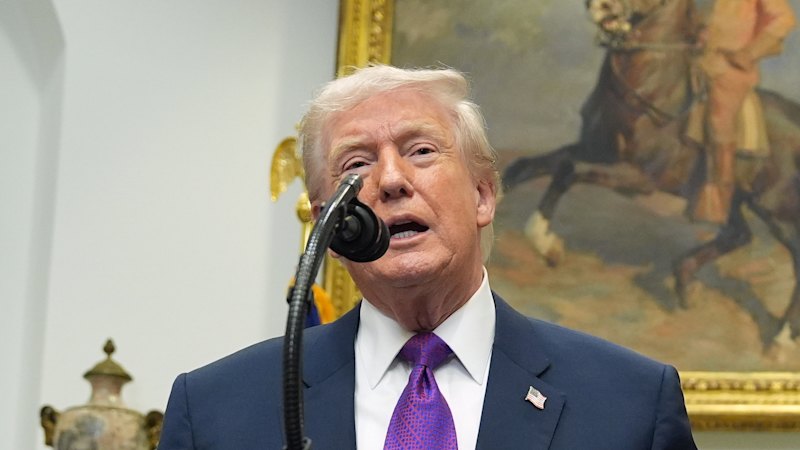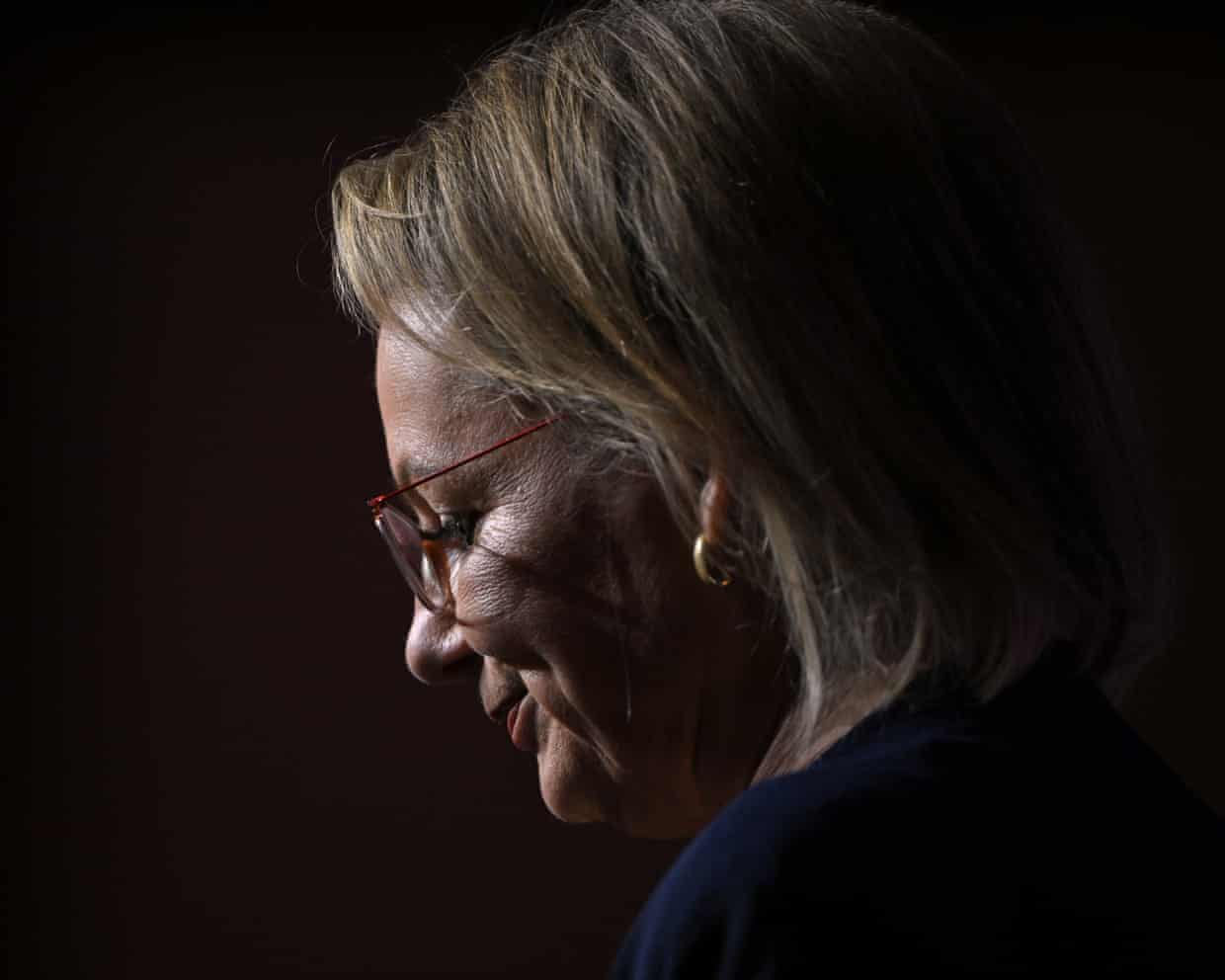
Pet owners are increasingly investing thousands of dollars to clone their beloved dogs and cats, reflecting a growing trend in the pet industry. Notable figures such as NFL star Tom Brady, singer Barbra Streisand, and socialite Paris Hilton have all opted for cloning after the loss of their pets. This practice has sparked both fascination and ethical discussions among animal lovers and industry experts.
Tom Brady cloned his dog, Junie, as a replica of his late pet, Luna, who passed away in 2023. Brady’s decision to clone Luna was driven by his affection for her unique traits and personality. The cloning process allows owners to create a genetic copy of their pets, preserving the characteristics that made them special.
In the UK, demand for pet cloning is surging, with many people expressing interest in the procedure. Lucy Morgan, the laboratory manager at Gemini Genetics in Shropshire, England, has noted a significant increase in inquiries. Although the company cannot directly clone pets due to European Union regulations, they offer a workaround.
Cloning Process and Regulations
Gemini Genetics cultivates and stores skin cells taken from pets, which can later be used to create clones in the United States. Once the cloning process is completed, the clones can be imported back into the UK. Morgan explained that if a pet has died or if an owner anticipates their pet’s passing, a veterinarian can take a skin sample to initiate the cloning procedure.
“We culture the cells and keep them until the owner decides what to do,” Morgan remarked. This process allows pet owners to have a viable option for preserving the memory of their pets, but it does raise ethical questions about the implications of cloning animals.
The rising interest in pet cloning illustrates a broader trend in how people view their relationships with animals. As pets increasingly become integral parts of families, the option to replicate their presence offers comfort to grieving owners. However, the high costs associated with cloning—often running into tens of thousands of dollars—mean it is not accessible to all pet owners.
While celebrities attract attention to the cloning phenomenon, the underlying emotional motivations resonate with many individuals. The prospect of reuniting with a beloved pet, even in cloned form, is a powerful draw. As technology advances, the conversation around cloning and its ethical implications is likely to continue evolving.
The cloning market is still relatively niche, but as awareness grows, more people may consider it as a viable option for coping with loss. In this context, the stories of public figures like Brady and Streisand serve to highlight a personal choice that many are now contemplating in their own lives.






